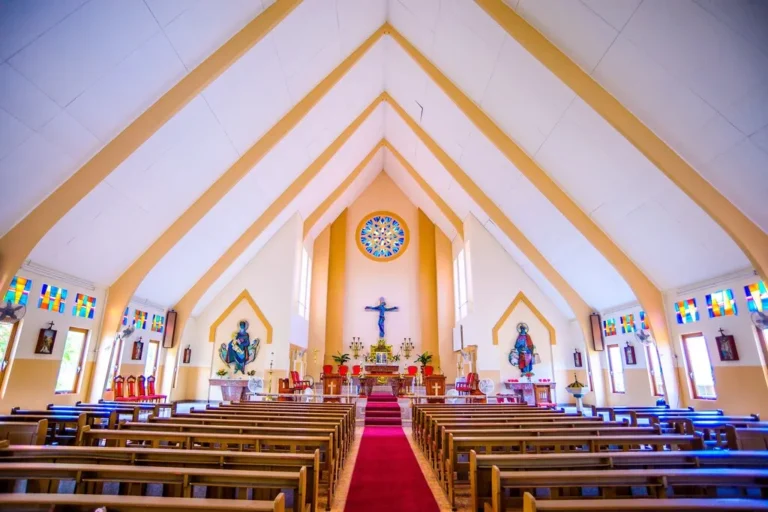Religions in Aruba – Overview
Aruba is a religiously diverse island with strong roots in Christianity, especially Catholicism, alongside several other faiths due to immigration and multicultural influence. The island promotes religious freedom, and most religious groups coexist peacefully.
Religious Breakdown (Approximate):
| Religion | Percentage (%) |
|---|---|
| Roman Catholic | ~75% |
| Protestant (incl. Methodist, Evangelical, Anglican) | ~5–8% |
| Jehovah’s Witnesses | ~2% |
| Seventh-Day Adventist | ~1–2% |
| Hinduism | ~1% |
| Islam | ~1% |
| Judaism | <1% |
| No religious affiliation / Atheist | ~2–3% |
1. Christianity (Dominant Religion)
Roman Catholicism
- Most widely practiced
- Strong historical influence from Spanish and Dutch colonization
- Major churches:
- St. Franciscus Church (Oranjestad)
- Santa Filomena Church (Noord)
Protestant Denominations
- Include Methodist, Anglican, Pentecostal, Baptist, and Evangelical groups
- Many small churches serve local and immigrant communities
2. Islam
- Practiced by a small number of immigrants, mainly from:
- Middle East
- Suriname
- South Asia
- Aruba has at least one Islamic prayer center
3. Hinduism
- Practiced by some residents of Indian and South Asian descent
- Small temples and cultural gatherings take place occasionally
4. Judaism
- Very small Jewish population
- Occasional cultural or holiday events
- Jewish tourists are catered to with kosher-friendly options at some resorts
5. Non-Religious / Spiritual
- A growing segment, particularly among younger generations
- Includes:
- Agnostics/Atheists
- New Age spirituality
- Traditional/folk beliefs
Freedom of Religion
- Guaranteed by Aruba’s constitution
- Schools may offer optional religious education
- Religious holidays are respected across faiths (e.g., Christmas, Good Friday, Easter)



